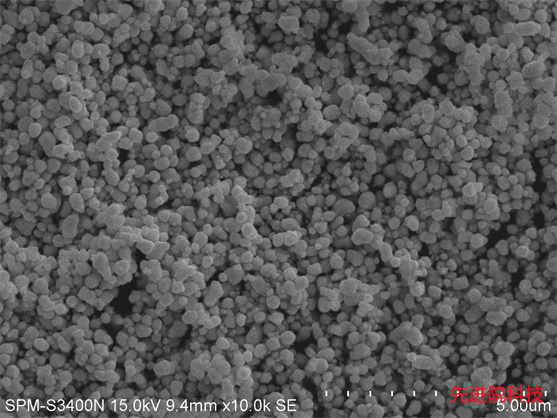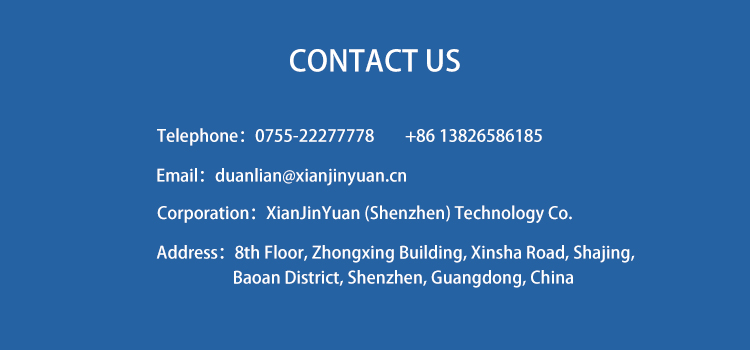Ruthenium (Ru) is an important chemical raw material widely used in heterogeneous or homogeneous catalysis, electroplating, electrolytic anodes, and the electronics industry.Advanced Institute of TechnologyThis article will provide a detailed introduction to the uses, product specifications, and industry applications of ruthenium, showcasing its importance and versatility in industries such as chlor alkali, titanium anodes, coal chemical, and petrochemical.
1. Heterogeneous and Homogeneous Catalysis of Ruthenium
-The importance of catalysts: Catalysts play a crucial role in the chemical industry, accelerating chemical reaction rates and improving product selectivity and yield.
-Multiphase catalysis: Ruthenium can be used as a multiphase catalyst, widely applied in hydrogenation, dehydrogenation, oxidation and other reactions, with high catalytic activity and stability. It plays an important role in the fields of petrochemicals, fertilizer manufacturing, and liquefied natural gas.
-Homogeneous catalysis: Ruthenium can also be used as a homogeneous catalyst to participate in organic synthesis reactions, such as the reduction of carbonyl compounds. In addition, it can also be used as a catalyst to participate in ammonia oxidation reactions and olefin cyclization reactions.
2. Application of ruthenium in electroplating and electrolytic anodes
-Electroplating: Ruthenium is a commonly used
plate materialIt has good adhesion and corrosion resistance in various metal coatings. Its coating can provide protective performance while also improving the appearance and texture of the metal surface.
-Electrolytic anode: Due to its excellent corrosion resistance and electrochemical performance, ruthenium is widely used in electrolytic anodes. In the electronics industry, ruthenium anodes are used in processes such as electrochemical machining, electrolytic aluminum manufacturing, and silicon wafer preparation, effectively improving production efficiency and quality.
3. Multi functional applications of ruthenium in the electronics industry
-Electronic materials: Ruthenium compounds are widely used in the preparation of various electronic materials in the electronics industry. For example, sodium ruthenate, as an important battery material, can be used to prepare high-performance lithium-ion batteries and supercapacitors.
-Optoelectronic devices: The excellent optoelectronic properties of ruthenium compounds make them an important material for preparing optoelectronic devices. For example, ruthenium compounds can be used to prepare backlight sources and solar cells for liquid crystal displays, significantly improving the performance and efficiency of the devices.
-Magnetic head material: Ruthenium alloy has the characteristics of a magneto resistive read/write head in magnetic head materials, and therefore has been widely used in fields such as hard disk drives and audio devices.
Conclusion:
Ruthenium, as an important chemical raw material, plays a crucial role in various fields such as heterogeneous or homogeneous catalysis, electroplating, electrolytic anodes, and the electronics industry. It not only has excellent catalytic performance, but can also be applied in the preparation of electronic materials and the performance improvement of optoelectronic devices. For the chlor alkali, titanium anode, coal chemical, and petrochemical industries, the multifunctional application of ruthenium has promoted industrial development and progress.






